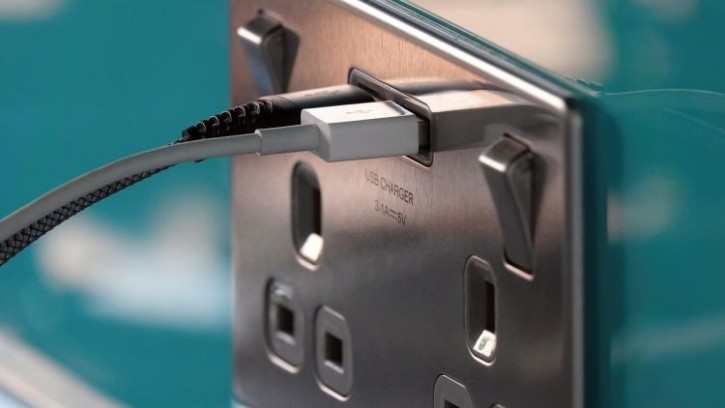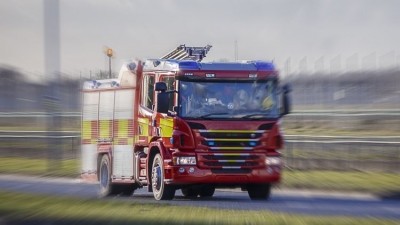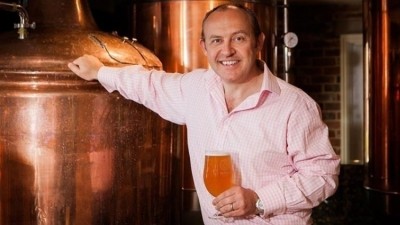80% of pubs would not bill customers for electricity

A recent poll by The Morning Advertiser revealed 142 (80%) of the 178 respondents felt pubs should not bill customers for charging personal electronic devices such as mobile phones.
Just 36 (20%) of those surveyed felt pubs should charge customers for this.
Bath Pub Company managing director Joe Cussens said the idea of charging customers for electricity in this way didn’t “sit comfortably” with him and risked making operators appear “pedantic” as the cost would be so little.
He said: “Where do you draw the line? Do you then charge them for how much toilet paper they use? It’s part and parcel of the cost of visiting the pub.
“The amount of electricity to charge a few devices is a tiny drop in the ocean compared to the energy you consume in your general operations.
“Pubs generate a lot of consumption. The kitchen is full of ovens, extractors, fryers, fridges, freezers, then you’ve got the cellar.
“All that kit is either heating things up or cooling them down and they consume a lot. That's where the battle is going to be lost.”
Uninviting message
Echoing this, owner of the Unruly Pig in Bromeswell, Suffolk, Brendan Padfield said charging customers for electricity in this way would be “counterproductive”.
He continued: “It's an uninviting message to say to people ‘you can't charge your phone because of the cost’, even though there's a perfectly logical argument with the cost of energy.”
However, Cussens added while he didn’t think customers would react well to being billed for electricity, the issue offered pubs a chance to highlight rising costs across the board but needed to be treated like “any other overhead cost”.
“What it might do is make consumers think about what it is that they're paying for when they come to the pub.
“They’re coming to a place that is heated, it's lit and there's service. All of these things have a cost and the only revenue that we as pubs and restaurants have is by selling food and drink.
“That is what is useful; making customers aware of all of these costs that operators have to bear and why costs have gone up.
“Consumers quite often just see a plate of food or a pint of beer and think ‘that's what I'm buying’ without really factoring all of the other costs”, he continued.
Owner of the Dog at Wingham in Canterbury, Marc Bridgen, added many customers expect to use Wi-Fi on their phones, tablets or laptops at pubs and the cost to charge these devices we “negligible”.
Unviable costs
He added: “[It’s important to] keep the customer happy. If they're charging [devices], they might stay longer and have another drink.
“In the scheme of it, a few guests charging a few things isn't the straw to break the camel's back, it’s the Government incompetence around our national energy policies that is the problem.”
Cussens added more Government support, similar to the Energy Bill Relief Scheme (EBRS), would be more beneficial than charging customers specifically for electricity.
He said: “That’s what we should be asking for from the Government. They replaced it with a scheme that exists pretty much in name only.
“Previously it was quite generous and recognised that some operators would have been hit with unviable costs they just couldn't cope with. EBRS supported them through that period.
“When the Government replaced it and took away that support scheme, they ramped up minimum wage and all other costs went up.
“Operators were hit with more extra cost than they were coping with and the Government just said, ‘get on with it’, which doesn't feel like much of a strategy, but is typical of the chaotic way they have been managing the economy over the last few years.”







